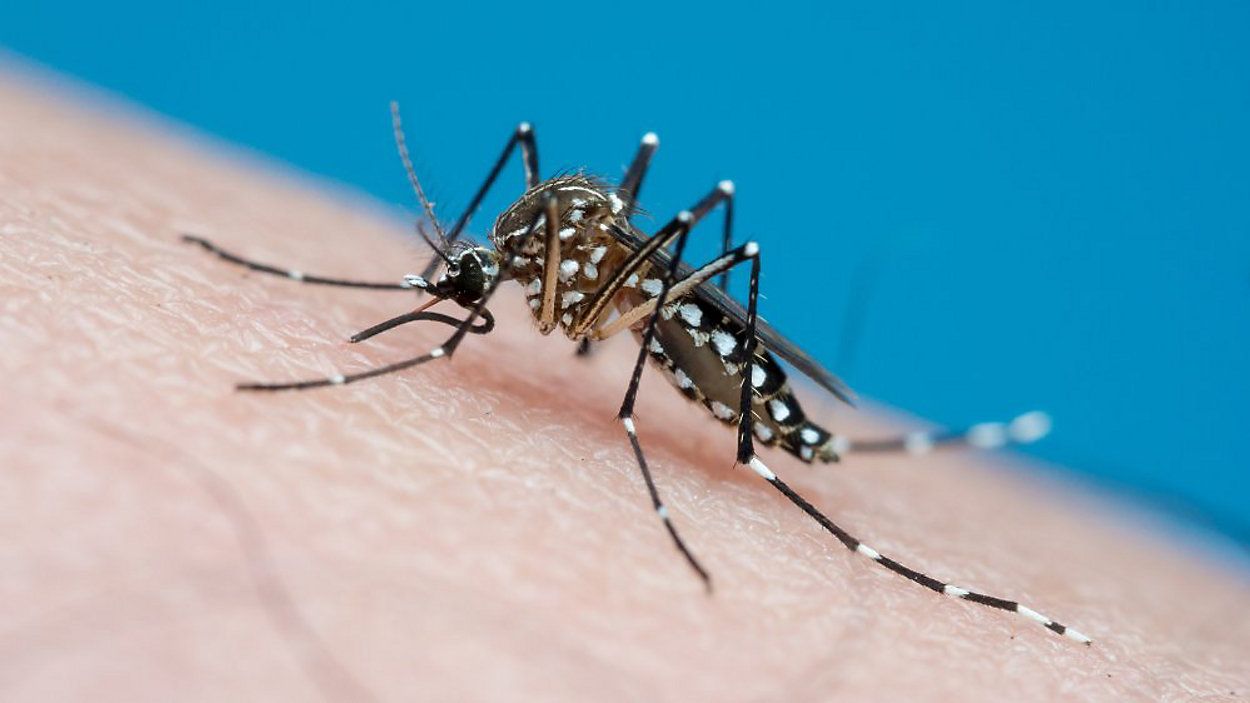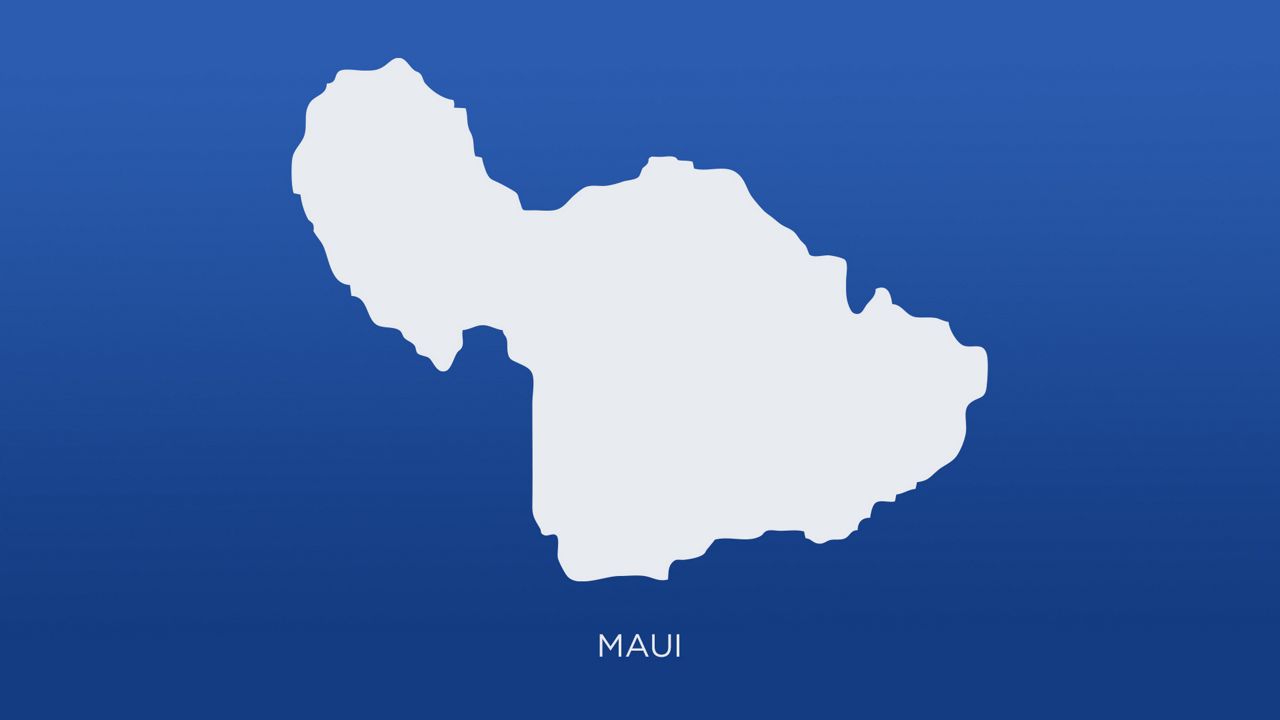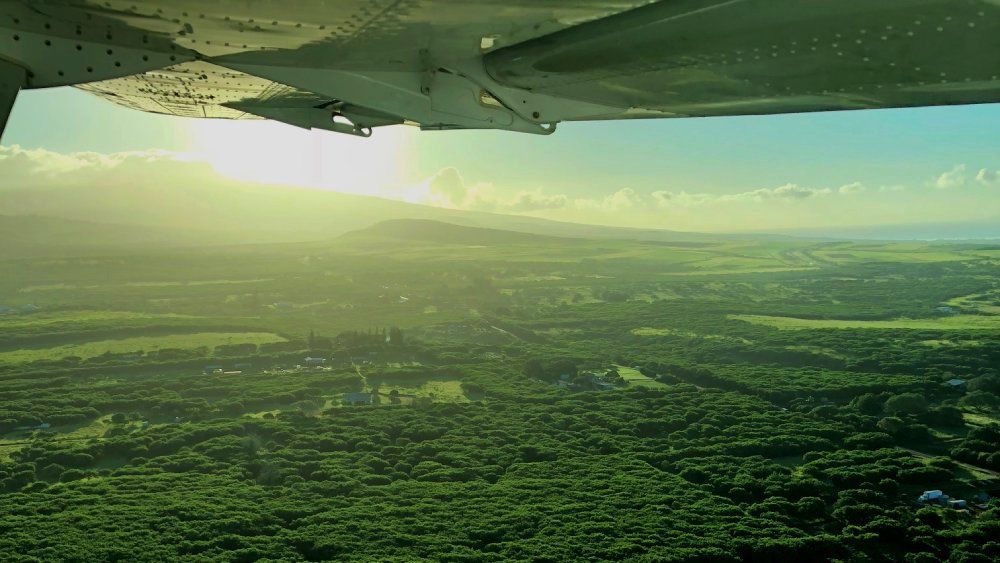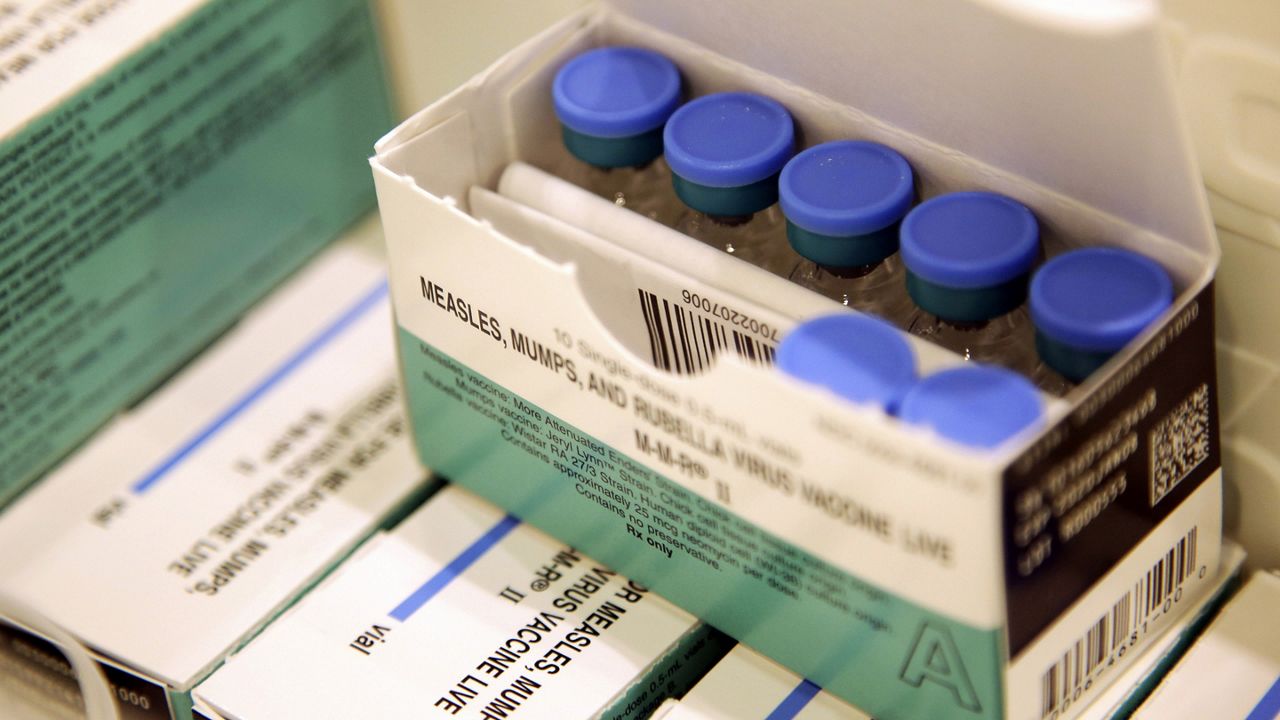The Department of Health is updating its testing guidelines for dengue as the state sees a steep increase in travel-related cases. This will help the DOH better detect local transmission and quickly deploy response measures, according to a news release.
The state agency issued a medical advisory to local doctors, urging them to test for dengue in anyone with highly clinically compatible illness, and to consider the possibility of locally acquired dengue, regardless of travel history. Also, medical professionals were asked to report suspected dengue cases to the DOH Disease Investigation Branch immediately.
So far this year, there have been seven confirmed traveled-related dengue cases in Hawaii, which puts the state on track to have more than last year’s 16 cases. In previous years, the state has confirmed an average of four travel-related dengue cases.
Around the world, dengue cases are increasing. Several of the dengue cases in Hawaii this year came from exposure during travel to other Pacific Islands currently experiencing outbreaks.
The DOH said the increase in travel-related cases in Hawaii increases the chance of locally acquired cases, which could lead to an outbreak. Hawaii previously saw three dengue outbreaks since 1946:
- On Maui, Oahu and Kauai in 2001-2002
- On Oahu in 2011
- On Hawaii Island in 2015-2016. This outbreak had 264 confirmed cases, 238 of them Hawaii Island residents
To transmit dengue fever, a mosquito must first bite a person infected with dengue, and then, after five to seven days, the virus develops in the mosquito and can spread when the infected mosquito bites another person. The DOH said identifying cases as they arise and responding immediately with mosquito-control measures is crucial to stop the spread of dengue.






